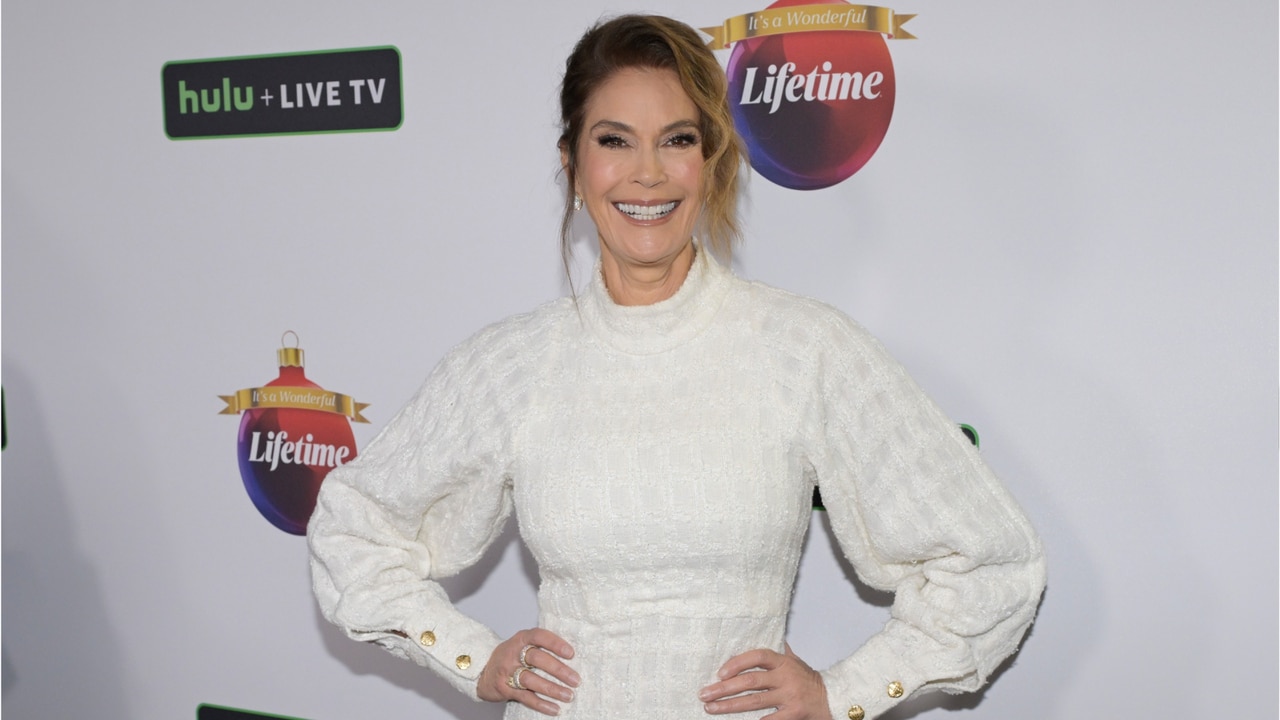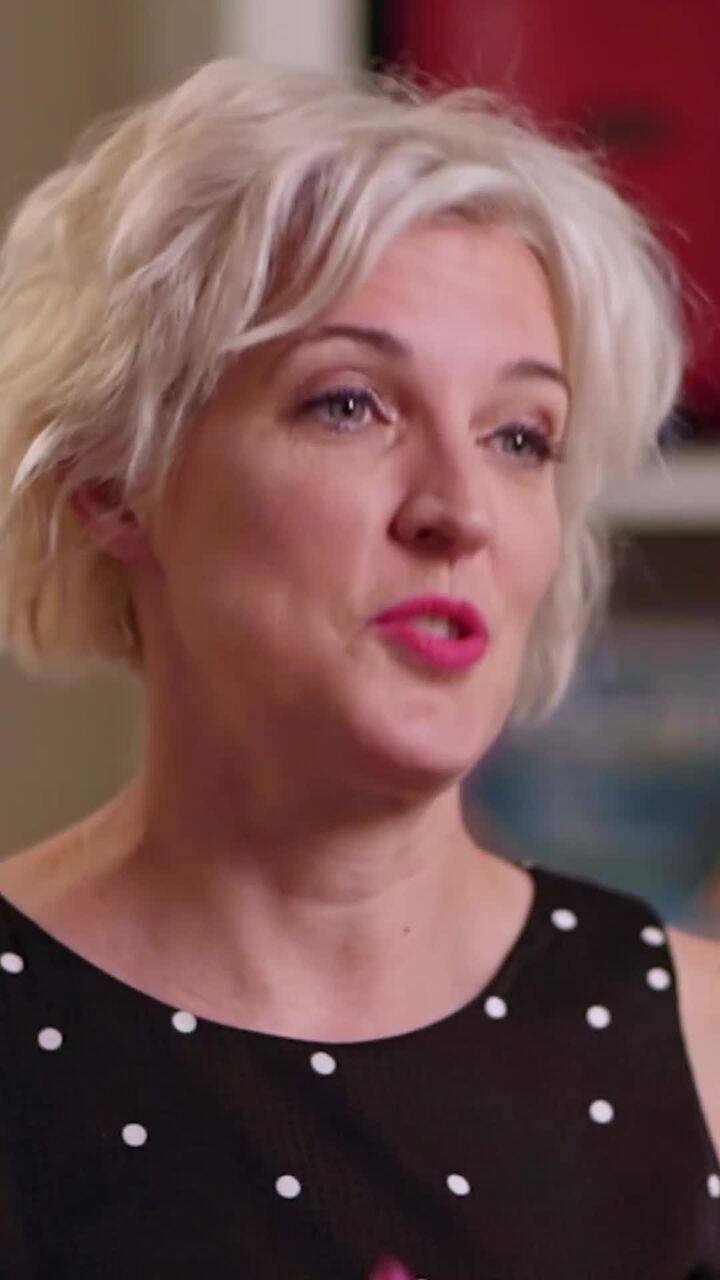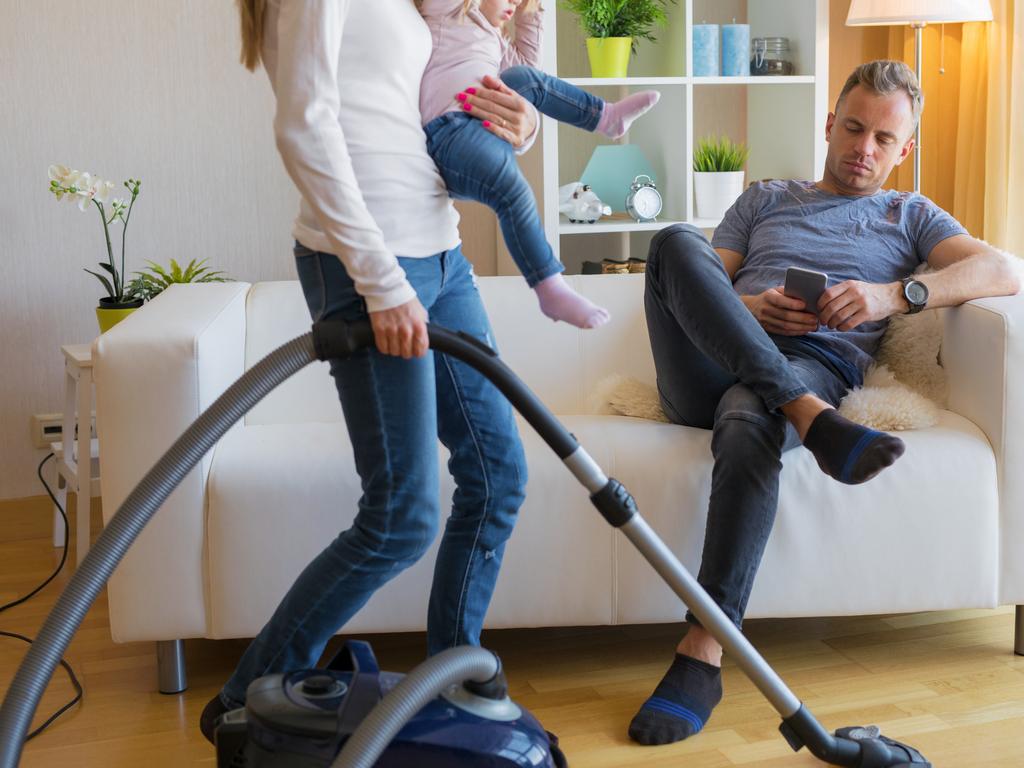Couples therapist on why fighting can be good for your relationship
It happens in all relationships and is one of the main reasons couples struggle, but this is what you can do to turn things around.

Most people are no strangers to conflict. This is because conflict occurs in all relationships and is one of the main reasons couples struggle.
To understand how to do it well, it’s helpful to first understand what conflict is. Conflict is a cycle within a relationship. It occurs between two partners and is an interaction based on more than what meets the eye.
Conflict is a reminder of the presence of two individuals in a relationship. Inevitably, these two individuals will have differences in opinions, needs, desires and priorities. This can lead to conflict.

There is no single experience of conflict. Conflict can be hot and fiery with lots of words, but it can also be ice-cold, detached and silent. It can also feel like surrender and submission.
Conflict is a relationship killer when it isn’t managed well. When handled poorly, it can lead to increased tension, resentment and the deterioration of the relationship.
What is healthy conflict?
A good relationship is not without conflict. Although the reduction of conflict results in more peace, some conflict is beneficial because it can lead to growth in your relationship. When conflict is navigated well, understanding and connection is deepened.
Harnessing conflict for good cherishes the presence of two individuals. You can be your authentic self and allow your partner to be theirs. This approach to conflict means you will learn more about yourself and your partner.

Therefore, the goal isn’t to eliminate conflict altogether but instead to understand the conflict cycle and express needs and feelings in a way that promotes care, empathy and cohesion.
Healthy conflict involves open and respectful communication, empathy, compromise, validation of one another and finding mutually agreeable solutions to the issues at hand.
Conflict can be productive when done in this calm and kind way.
How to have healthy conflict
You may have heard about the Gottmans. They are world-renowned researchers into relationships and through their many studies have found conflict occurs in most couples. But more importantly, they found how couples turned up to conflict predicted their relationship satisfaction and the likelihood of relationship success or breakdown.
Healthy and happy couples approach conflict in a gentle way, with a focus on listening and understanding. Repair and apologies are present, as is an emphasis on de-escalation and compromise.

We can go one step further to turn damaging conflict into positive change and growth. This is by understanding the cycle of conflict. Or more specifically, understanding that conflict is not just about finding a solution to the problem at hand, but is the art of understanding the true vulnerability beneath the conflict and learning to express it.
As a couples therapist I have seen couples locked in heated conflict seemingly about the same topic. But beneath the surface lie different hurts and needs which are not expressed and therefore not taken care of. For example, a couple could be arguing over chores. However, it isn’t really about the chores.
Rather, one partner is feeling neglected and devalued in the relationship because their partner is not helping out around the house. The unprocessed/unspoken vulnerable feelings prime partners for conflict. When in conflict, most couples do not express vulnerability. Rather, they express anger, frustration, point scoring, submission or put their wall up. I call these types of emotions secondary conflict emotions.
When both partners are stuck in secondary conflict emotions, the cycle of conflict ensues and couples keep fighting.

When you are able to express and address your invisible hurts and needs, the conflict is de- escalated. You are able to understand each other and address the real issues related to your inner vulnerable feelings. This is where the positive change can occur.
Retrospective work is how change happens. The conflict cycle is the default interaction in your relationship. So it’s going to keep returning – and it’s challenging to change it in the moment.
If you can’t stop the cycle from happening, you must make sure you go back to address it later. Retrospective work involves coming back to your partner and talking about the conflict in a calm space rather than sweeping it under the rug. It is when you discuss vulnerable feelings and secondary conflict emotions after conflict. You can’t expect to be perfect from the get-go.
When you do retrospective work, you are teaching your brain alternative ways to act when in conflict. It is like you are practising for future conflicts. As your brain becomes more familiar with expressing all of your feelings, you will become calmer when conflict arises. The more you practice retrospective work, the better you’ll get and the more automatic healthy communication will become in conflict.
Conflict isn’t the enemy here. Increasing your own emotional awareness about the layers of your experience, as well as that of your partner, will break the conflict cycle and offer you a point of connection and change.
Helen Robertson is a Clinical Psychologist and couples therapist, as well as the co-founder of the couples coaching app My Love Your Love. She is also the co-author of The 8 Love Links, a book designed to help individuals and couples develop deeper insights and strategies for stronger, more fulfilling relationships. For more information visit www.8lovelinks.com.





